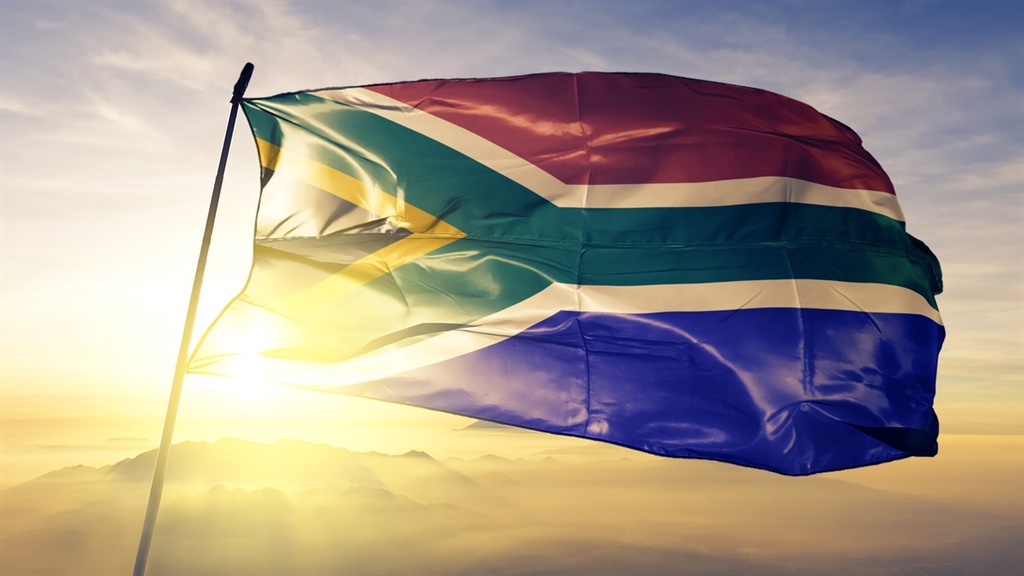
There is no national agenda which is allowing corruption to thrive, writes Ralph Mathekga.
South Africa lacks a sense of national agenda, and this has become even more obvious with the management of the Covid-19 pandemic since earlier this year.
As a nation, we have struggled to craft a national agenda perhaps since Nelson Mandela left office as the president.
Since then, we have been struggling to find exactly what is it that would rally South Africans around a common goal whereby they put aside their differences and pursue the desired goals.
Indeed, we have agreed on one thing, which is the need fight against corruption.
However, anti-corruption does not constitute a national agenda, it is a mere correction of what has gone wrong and there are no heroes in our commonly held view that corruption is bad for our society.
As a nation, we have no consensus on how to take this society forward, and our politics is failing dismally to address this question.
This is the reason why malfeasance is also so rife; because there is no clearly defined national agenda that could be said to be violated.
Regarding corruption, we complain about how it inconveniences our lives, however, we do not have a moral position against unlawful or and undue enrichment in our society.
If a society fails to craft a consensus on a national agenda whose pursuit unites the nation above the differences; the society will forever be preoccupied with resolving the consequences of corruption because it will never prevent it. This is because such a society lacks a moral grounding upon which policies and programmes can be viewed.
Lobby groups
The challenge that our democracy is facing, as we have seen recently with the management of the Covid-19 pandemic is that only the powerful and the loud groups seems to be gaining.
This is while the timid, poor, and vulnerable communities remain neglected as the battle rages between various interest groups. Let us take the question of the taxi industry or even the tobacco and cigarette industry during the lockdown in South Africa.
I shall hence forth refer to these groups as lobby groups. Lobby groups are becoming the greatest winners in our democracy.
The taxi industry pushed government to abandon lockdown regulations as far as taxi operations are concerned. Government relented to the taxi industry and allowed them to operate as they wish, not because making concessions with the lobby group was an ethical thing to do, but because the taxi industry knows how to squeeze government.
The same goes for the alcohol and tobacco industry which is challenging government's decision to ban the sale of alcohol and tobacco during the lockdown. These groups have decided to bargain specifically for their interests; challenging how lockdown regulations have affected their business. The restaurant group will also make its own case that they ought to be allowed to operate and sell alcohol so that their business can survive.
The outcomes of this bargaining between government and various groups will affect the lives of ordinary people, including majority of the poor and the vulnerable who had no direct say in the bargaining process.
Stakeholder democracy
We are becoming some form of stakeholder democracy where powerful stakeholders gain more control of policy, while government remains a compromised referee with a reputation for rigging the game to favour the powerful in society.
If we had a clear national agenda with a policy focused, disciplined and generally empathetic government - and not the government made up of majority of people who believe they are in transit lounge to a business life - South Africa would be able to manage the undue domination of groups in public policy.
By their nature, interest groups will maximise their interests beyond acceptable levels and at times to the detriment of the society. This happens when government further abdicates its responsibility to act in a way to rally the nation behind the national agenda. This is when government carries itself just like an interest group competing to maximise returns for its allies only.
South Africa has too many competing agendas to function properly, and the lack of an overriding national agenda reduces our democracy to a Monopoly game.
- Dr Ralph Mathekga is a political analyst and the author of When Zuma Goes and Ramaphosa's Turn.
* Want to respond to the columnist? Send your letter or article to opinions@news24.com with your name, profile picture, contact details and location. We encourage a diversity of voices and views in our readers' submissions and reserve the right not to publish any and all submissions received.
Disclaimer: News24 encourages freedom of speech and the expression of diverse views. The views of columnists published on News24 are therefore their own and do not necessarily represent the views of News24.